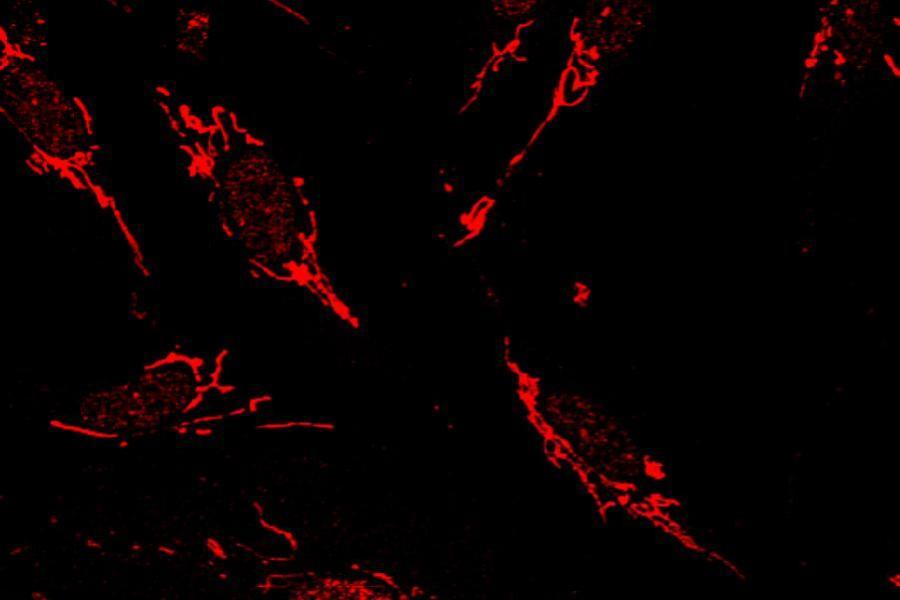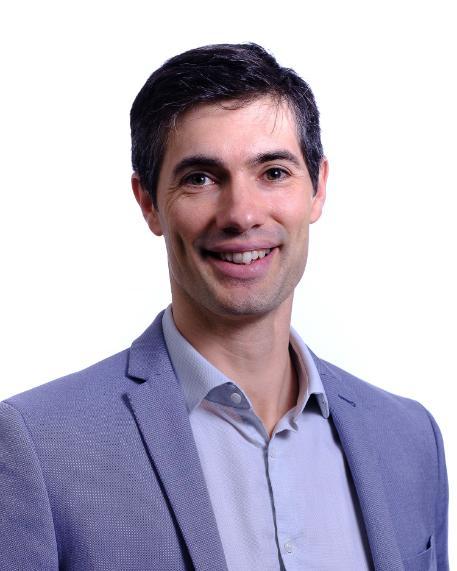The Life Course - Cells to Systems in Health and Disease
Overview
The focus of the Life Course - Cells to Systems in Health & Disease theme is to understand molecular and cellular biological mechanisms and develop relevant methodologies to investigate them in relation to human health and disease across all stages of the life cycle. Our research includes basic biology, epigenetics, proteomics, and early translational research, from target identification to preclinical studies. We share common research platforms, integrating our cell-based and whole system approach with the three other themes within the faculty.
Research topics in the theme include, but are not limited to, studies of the molecular mechanisms important for cellular function in health and disease with a focus on ageing-associated diseases such as neurological disease, cancer, diabetes, cardiovascular disease and infertility. We are utilising preclinical behavioural models to develop novel agents for the treatment of a range of disorders and dissecting the underlying neurochemical processes responsible.

Recent News
Springboard Award (Academy of Medical Sciences)
Dr Peter Nicholls has been awarded the prestigious Springboard Award from the Academy of Medical Sciences for his project "Deciphering the rising incidence of germ cell tumours”. The Springboard Award is a highly competitive scheme that supports early-career researchers in biomedical sciences to launch their independent research careers.
FROLIC (Fun-day Related tO Learning about the Institute of Cancer Therapeutics) Festival
On World Cancer Day (4 Februar), staff and students from the Institute for Cancer Therapeutics (ICT) engaged with the public about cancer research and the research work being done at the Institute. The festival at the Bradford Broadway shopping centre was organised by Dr Amalia Ruiz Estrada and Dr Hannah Moody and was well attended by many children and their families taking part in the fun, family-friendly science activities raising awareness of cancer research and the ICT.
Recent Publications
Mondru AK, Aljasir MA, Alrumayh A, Nithianandarajah GN, Ahmed K, Müller J, Goldring CEP, Wilm B, Cross MJ (2023)
VEGF Stimulates Activation of ERK5 in the Absence of C-Terminal Phosphorylation Preventing Nuclear Localization and Facilitating AKT Activation in Endothelial Cells.
Cells: 12(6): 967. doi: doi.org/10.3390/cells12060967
Wilson, C., Zi, M., Smith, M., Hussain, M., D’Souza, A., Dobrzynski, H., Boyett, M.R. (2023)
Atrioventricular node dysfunction in pressure overload-induced heart failure Involvement of the immune system and transcriptomic remodelling
Frontiers in Pharmacology, 14:1083910. doi: 10.3389/fphar.2023.1083910
Haddad F, Mohammed N, Gopalan RC, Ayoub YA, Nasim MT, Assi KH (2023)
Development and Optimisation of Inhalable EGCG Nano-Liposomes as a Potential Treatment for Pulmonary Arterial Hypertension by Implementation of the Design of Experiments Approach.
Pharmaceutics. 2023; 15(2):539. doi: doi.org/10.3390/pharmaceutics15020539
L Privitera, E. Hogg, M Lopes, L Domingos, M Gaestel, J Müller, M Wall, S Correa, S (2022)
“The MK2 cascade mediates transient alteration in mGluR-LTD and spatial learning in a murine model of Alzheimer’s disease.”
Aging Cell. 21, e13717, doi: 10.1111/acel.13717
ER Clark, RJ Helliwell, MA Bailey, KE Hemmings, KI Bridge, KJ Griffin, DJA Scott, LM Jennings, K Riches-Suman, KE Porter. (2022)
"Preservation of smooth muscle cell integrity and function: A target for limiting abdominal aortic aneurysm expansion?"
Cells;11:1043, doi: 10.3390/cells11061043
RL Ross, G Mavria, F Del Galdo, J Elies. (2022)
"Downregulation of Vascular Hemeoxygenase-1 Leads to Vasculopathy in Systemic Sclerosis"
Frontiers in Physiology 13:900631. doi: 10.3389/fphys.2022.900631
G Lyall, G Birk, E Harris, C Ferguson, K Riches-Suman, M Kearney, K Porter, K Birch. (2022)
"Efficacy of interval exercise training to improve vascular health in sedentary postmenopausal females."
Physiological Reports. doi: 10.14814/phy2.15441
Research clusters
The research within the Life Course theme is facilitated by research clusters focussing on a specific research area. Research clusters are currently being developed and further research clusters will be added once they are fully established.
Visit our Cardiovascular Research Group for more information about cardocascular research in the Faculty of Life Sciences.
Research expertise
The research in the Life Course theme comprises specific knowledge and expertise in a range of subjects related to the life span. Please contact the research theme leads for more information or to discuss potential collaborations.
The key areas of expertise in the Life Course theme are:
-
Cancer
-
Cardiovascular disease
-
Chronic inflammation
-
Neurological disease
-
Skin sciences
Research Leads
The theme is led by a Director of Research and two deputies who are jointly responsible for the scientific direction of the theme.
Research theme members
The Life Course - Cells to Systems in Health and Disease theme consists of several research groups working together to perform collaborative, multi-disciplinary research.
Visit our Research theme members page.



